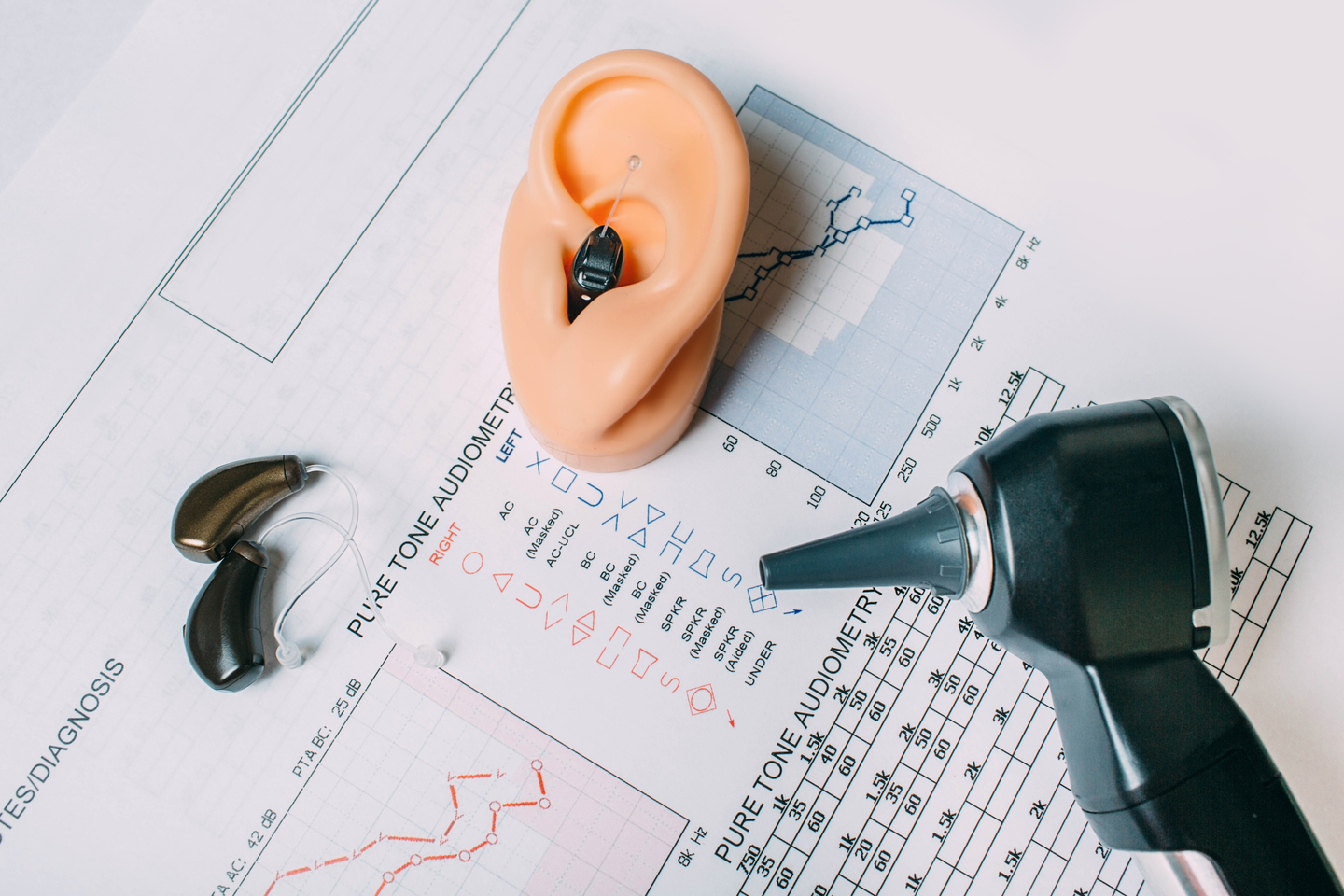Meniere’s Disease
Meniere’s Disease is an inner ear disorder resulting in buildup of fluid, usually affecting only one ear. Symptoms include dizziness, hearing loss, a feeling of fullness in the ear, and tinnitus (ringing in the ears).
While the definite cause of Meniere’s Disease is not currently known, it is thought to be caused by a combination of genetic factors, viral infection, autoimmune response, and/or blockage in the inner ear.
Prescription medications such as lorazepam or injections of antibiotics or corticosteroids into the middle ear can be used to control dizziness. Pressure pulse treatment using a device in the middle ear that provides pulses of air pressure can also reduce dizziness.
Additionally, dietary changes including decreased consumption of salt, alcohol, chocolate, and caffeine have been shown to decrease the tinnitus.
Lastly, surgery can be done to reverse some effects. In an endolymphatic sac procedure, the fluid-containing sac in the inner ear is decompressed by removing excess fluid. Alternatively, in a vestibular nerve section procedure, the nerve controlling balance in the affected ear is cut to potentially reduce dizziness as well.








